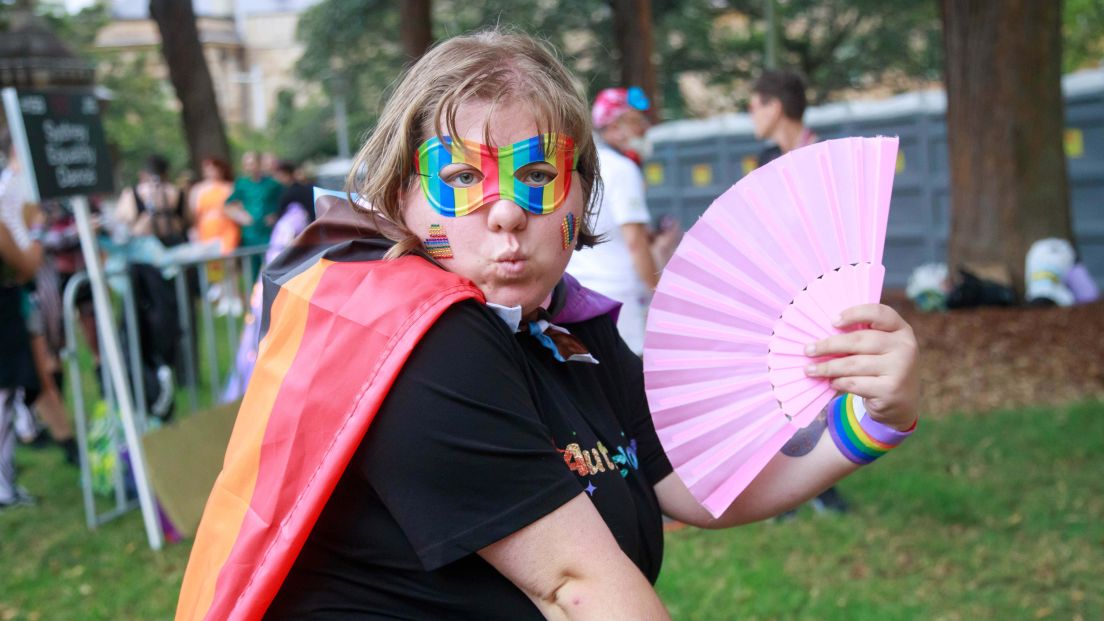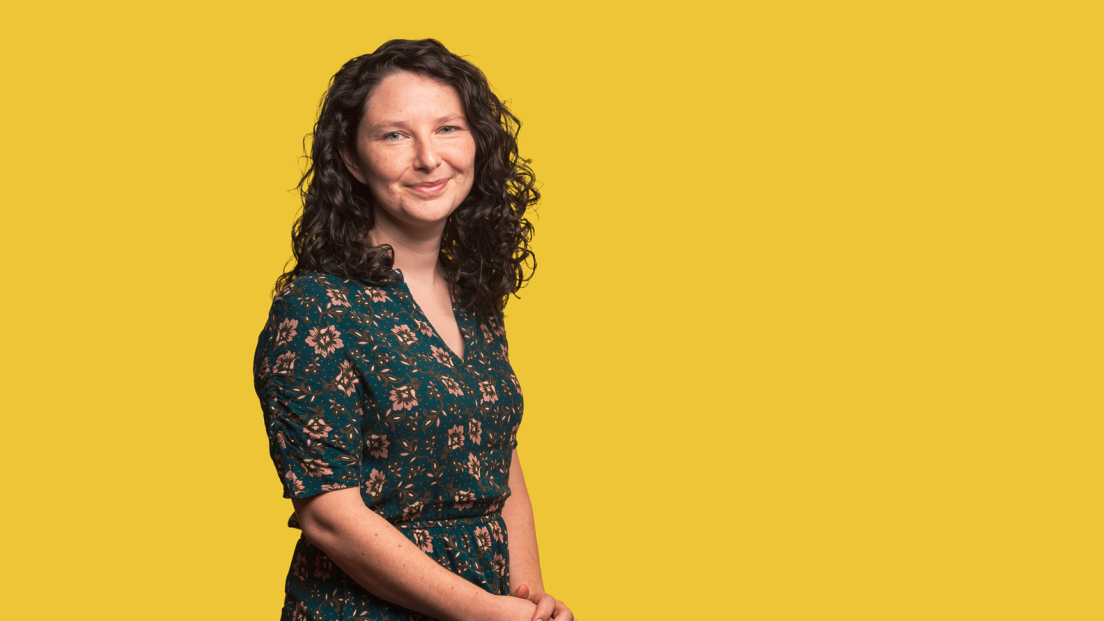Research by the Aspect Research Centre for Autism Practice (ARCAP) shows lower participation in organised physical activity and sports by Autistic children and adults, despite a willingness to take part. The study indicates 74 percent of Autistic children would like to participate in organised physical activity more than they currently do and 69 percent of adults face barriers joining organised sports.
The research shows that while some young Autistic children may participate at a similar level to their peers, as they age, particularly as they become adults, there is a clear pattern showing Autistic people engage in less physical activity compared to non-autistic people. This is a concern considering 70 percent of Autistic people experience mental health challenges and would benefit from physical activity.
Barriers to participation
mmunication and sensory needs and exclusion in sports.
While personal challenges do exist, Aspect’s study revealed a major hurdle for Autistic individuals is managing how others react, particularly when they share their Autistic identity, with some participants experiencing ‘cold shoulders’ from team members and clubs.
The study showed the top five barriers impacting Autistic people’s participation in physical activity are:
- Communication differences - difficulty following instructions, understanding rules of the game and talking to coaches and teammates.
- Sensory differences - loud noises, uncomfortable uniforms, close proximity to teammates.
- Lack of awareness of autism
- Physical difficulties – poor coordination, hard to master skills
- Feeling excluded or left out
Creating an inclusive sporting culture
The good news is there are positive steps that can be taken to create a more inclusive sporting culture. This can be achieved through improved understanding and attitudes, along with reviewing club policies to mitigate accessibility issues.
The top recommendations to making physical activities more inclusive are:
- Work with sporting organisations to provide autism training and resources to improve staff/volunteer knowledge, skills and inclusive practice.
- Partner with sporting bodies to pilot flexible program options including non-competitive streams, mixed age groups, sensory-friendly uniforms.
- Advocate for sporting organisations to allow support persons to accompany Autistic participants to training and games.
- Develop guidelines and resources to assist sporting organisations in addressing barriers like communication differences and anxiety.
- Promote stories of Autistic sporting participation to build community awareness and tackle stigma.
- Facilitate opportunities for Autistic community input into program design. Showcase examples of inclusive physical activity programs that are working well.
Collaborations in the Community
Aspect believes everyone deserves the opportunity to enjoy the benefits of physical activity, regardless of their neurodiversity, and is working to break down barriers and make group sports and physical activities more accessible for Autistic people.
Some of the community partners Aspect is working with to help make physical activity more accessible for autistic people include:
- Western Sydney Wanderers: Collaborating with Aspect to create structured and supported sessions like the Wanderers Five School Holidays Clinic, for children on the autism spectrum aged 5 to 12
- Sydney Dance Company: Bringing the joy of dance to Autistic individuals through their autism-friendly dance classes.
- Belgravia Leisure: Operating aquatic centres in Sydney that are safe and welcoming for Autistic people to participate in water-based activities.
- Parkrun: Promoting inclusive running events that embrace Autistic participants of all abilities.
- Power Living Yoga: Offering yoga sessions tailored to the needs of Autistic individuals.
- NSW Basketball: Fostering a love of basketball and team sports among Autistic people.
- Surf Life Saving Australia: Ensuring that Autistic individuals can enjoy our beautiful beaches safely.

